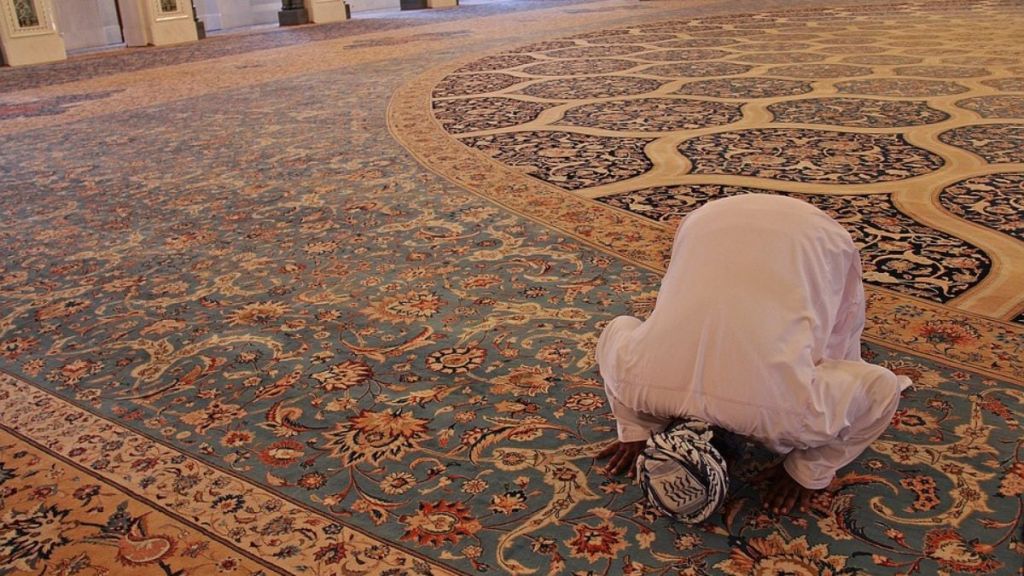
The Chhattisgarh Waqf Board has introduced a new directive requiring mosque administrators (Mutawallis) to seek prior approval for the topics of sermons (Taqreer) delivered after the Friday (Jumma) prayers. This decision, which aims to prevent the discussion of controversial topics during the sermons, is set to take effect immediately. The Board has warned that legal action will be taken against any mutawalli who fail to comply with this new rule. This new directive has fuelled controversy and angered Muslims, Muslim Clerics, leaders against BJP.
Dr. Saleem Raj, the President of the Chhattisgarh Waqf Board, issued oral instructions regarding the regulation, highlighting concerns over political or divisive discourse taking place in mosques. The Board’s move is seen as an effort to maintain peace and prevent any religious or political unrest stemming from sermon content.
Owaisi Criticizes the Move as an Attack on Muslim Rights
The new directive has sparked strong opposition from several political figures, including All India Majlis-e-Ittehad-ul-Muslimeen (AIMIM) leader and Member of Parliament Asaduddin Owaisi. Owaisi condemned the decision on social media, accusing the BJP-led Chhattisgarh government of interfering with religious practices. He questioned whether the government would now dictate the content of religious sermons and whether Muslims would need government permission to follow their faith.
Owaisi described the Waqf Board's move as an "attack on Muslim rights" and argued that the directive violated the constitutional guarantee of religious freedom under Article 25.
Owaisi further expressed his disapproval on social media, writing that the BJP-led Chhattisgarh government’s intervention violated the constitutional rights of religious freedom. He claimed that the Waqf Board was attempting to control what imams could preach, thereby undermining the constitutional right of Muslims to practice their religion freely. He also questioned the legality of such a move, arguing that even if the Board had the authority, it would still conflict with the provisions of the Indian Constitution.